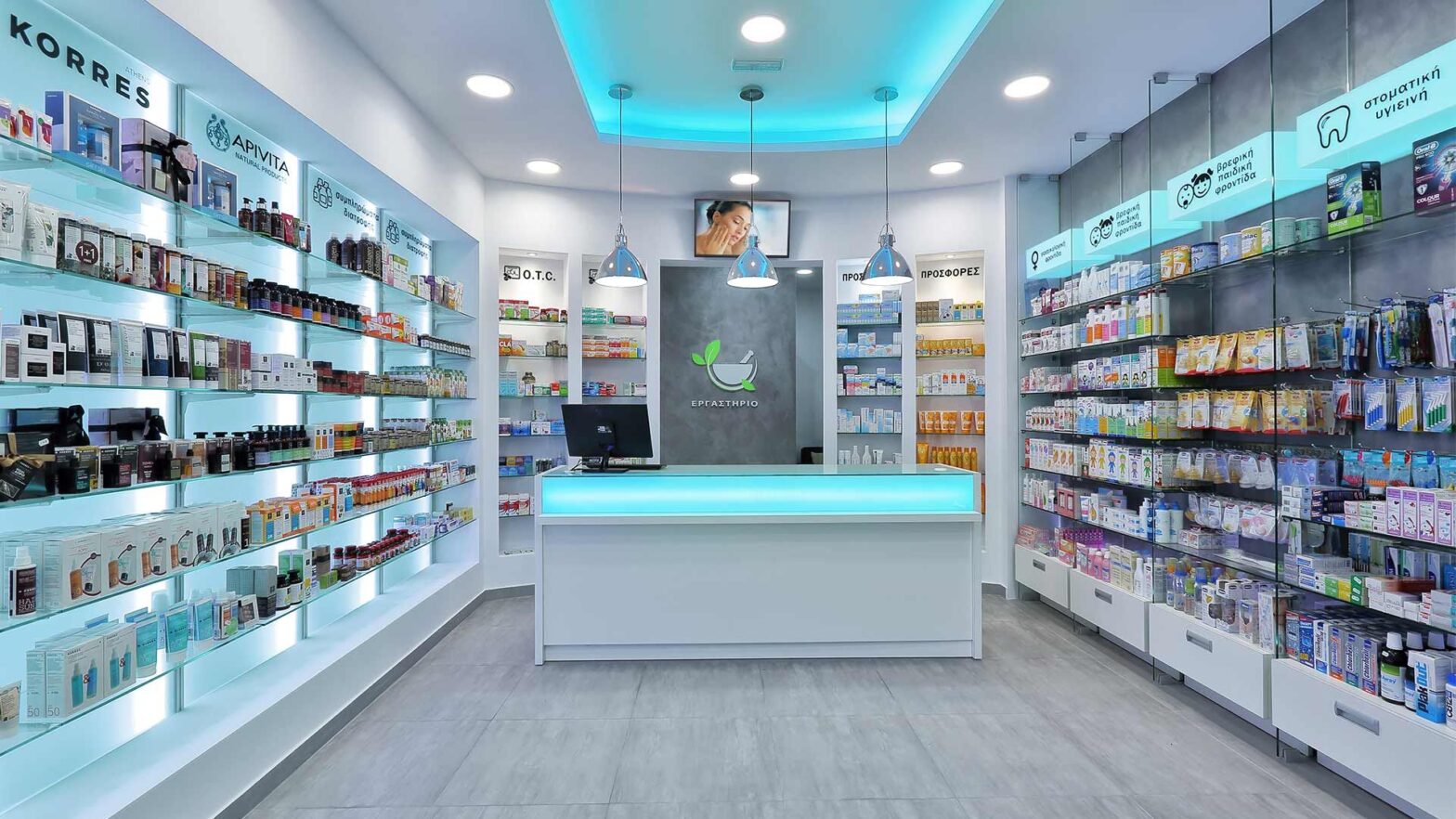
Health and medicine are essential parts of our lives. When someone is sick, we turn to treatments that can help us feel better. In many cultures, people follow different systems of medicine. Two common systems are Pharmacy and Hikmat. Both aim to treat illness, but they are very different in how they work, their history, and their approach.
In this article, we will explain in simple words the difference between pharmacy and hikmat, so you can understand each one clearly.
What is Pharmacy?
Pharmacy is the modern science of medicines. It is based on research, technology, and clinical studies. Pharmacy is a part of modern medical science (also called allopathic or western medicine).
Pharmacists are trained professionals who understand how medicines work in the body. They study chemistry, biology, and pharmacology. Medicines in pharmacy are created in laboratories and factories, tested in trials, and approved by government health departments before they are given to people.
Key Features of Pharmacy:
-
Based on modern science and research
-
Uses chemical or synthetic drugs
-
Medicine is tested and regulated
-
Common in hospitals and clinics
-
Prescribed by doctors and given by pharmacists
Examples: Antibiotics like Caricef, painkillers, diabetes medicines, blood pressure tablets.
What is Hikmat?
Hikmat, also known as Unani medicine, is a traditional system of healing. It has been used for centuries, especially in South Asia, the Middle East, and parts of Africa. Hikmat is based on ancient Greek, Arabic, and Persian knowledge of health and the human body.
A Hakeem is the person who practices Hikmat. They use natural herbs, minerals, plant extracts, and oils to treat various diseases. Hikmat focuses on balancing the body’s natural systems and improving overall health.
Key Features of Hikmat:
-
Based on ancient knowledge and traditions
-
Uses natural herbs and plant-based remedies
-
Focuses on the balance of four humors in the body (blood, phlegm, yellow bile, black bile)
-
Treatments are usually personalized
-
Common in Desi clinics and herbal medicine shops
Examples: Herbal syrups, powders, desi oils, and mixtures made from plants like ashwagandha, neem, or fennel.
Main Differences Between Pharmacy and Hikmat
| Feature | Pharmacy | Hikmat |
|---|---|---|
| Basis of Knowledge | Modern science and research | Ancient Greek and Unani medicine |
| Practitioner | Pharmacist, Doctor | Hakeem |
| Type of Medicines | Chemical/synthetic drugs | Natural herbs and plant extracts |
| Testing & Approval | Scientific testing and clinical trials | Traditional knowledge, less scientific testing |
| Regulation | Government approved, regulated | Less regulated (in most countries) |
| Speed of Results | Usually fast | May take longer but believed to be gentler |
| Side Effects | Can have side effects | Believed to have fewer side effects if used properly |
Which One is Better?
There is no clear answer to which system is better—it depends on the illness, personal belief, and availability. Some people prefer modern pharmacy for fast results and serious conditions, while others trust hikmat for long-term health and fewer side effects.
Many people even combine both systems, using pharmacy for urgent treatment and hikmat for long-term care and prevention.
Final Thoughts
Both pharmacy and hikmat have their own value and place in our society. Pharmacy gives us fast and reliable treatment backed by science, while hikmat offers a natural and traditional way to heal the body gently. It is important to use both systems responsibly and under the guidance of qualified professionals.
Before starting any medicine whether modern or herbal—always consult a licensed doctor, pharmacist, or certified hakeem. Never self-medicate, and avoid mixing medicines without expert advice.
Understanding the difference between these two systems can help you make better health choices for yourself and your family.


